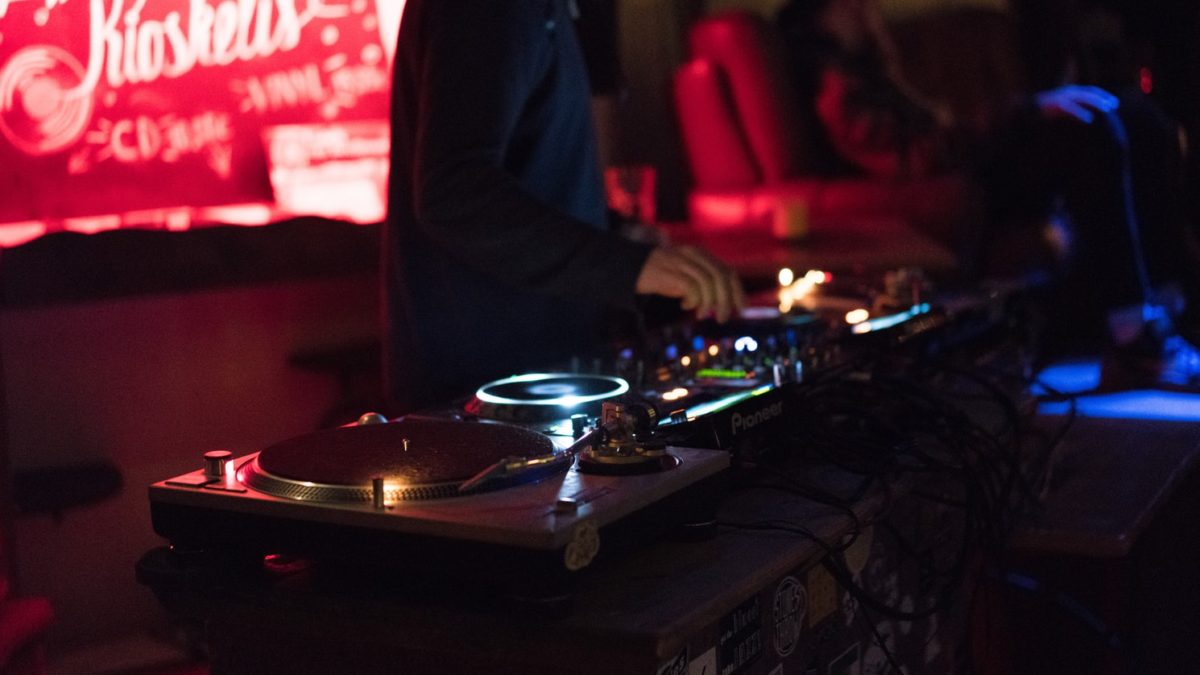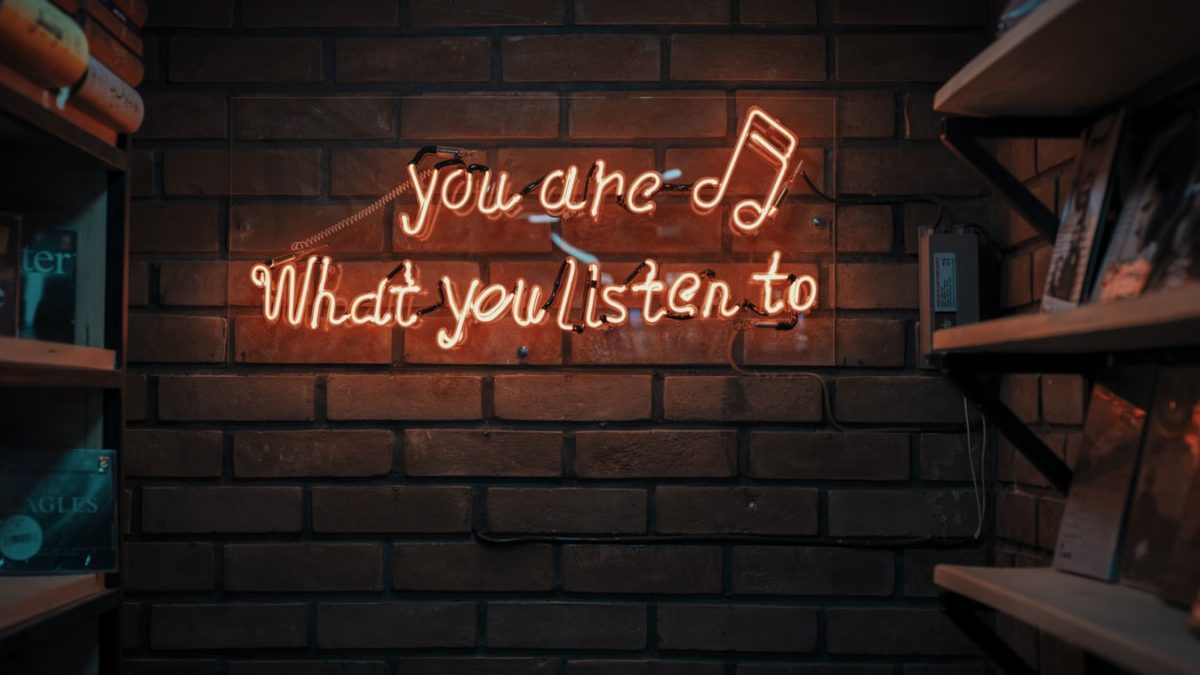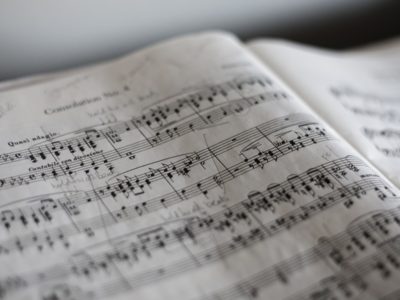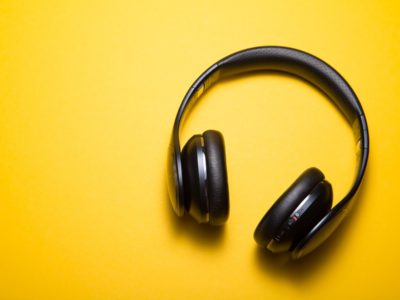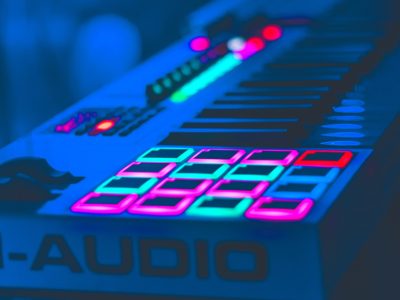
Basically I concur. There is not a viable replacement for training, particularly practice where the artist is entirely centered around the main job, focusing on the different parts of the music they are learning and listening mindfully to their playing. Indeed, even melodic academics with uncanny melodic powers, for example, apparently photographic memory and genuine amazing pitch should finish long periods of exceptional practice prior to being execution ready(1). Perhaps the best musician and authors, Rachmaninoff could as indicated by Harold Schonberg translate entire arrangements after a solitary hearing.(2) Even thus, when Rachmaninoff chose to make money as a professional piano player, he didn’t try to go in front of an audience until finishing two years of additional training. A few artists may boast that they don’t rehearse a lot yet by and large you will find they are either lying or that as a young adult they sat up throughout the late evening rehearsing while others were out messing near or sleeping. In any case, shouldn’t something be said about the numerous instances of artists who do have the drive to rehearse long and hard yet never measure up? I’ve even had artists disclose to me they can “deteriorate” in the wake of rehearsing.
Our human bodies have not advanced to play instruments. All things considered, most instruments are genuinely ongoing innovations in their present structures and keep on developing themselves. In contrast to language and other mental capacities, there is no “music focus” in the mind. Numerous pieces of the mind are needed to both tune in to and perform music. Playing an instrument well is an unpredictable errand. A degree of actual strength is required, fine muscle coordination and muscle control are fundamental and obviously broad mental preparing and molding is essential. It’s awful having the option to deliver the best tone on the planet on the off chance that you have no musicality. It’s no utilization having an all around created melodic gratefulness and passionate affectability on the off chance that you have no specialized capacity and the other way around. A decent artist needs to dominate numerous abilities and hence, to realize how to rehearse “impeccably” turns into an exceptionally perplexing and troublesome inquiry.
Like most performers, all through my youth and immaturity I just rehearsed intuitively. The issue here is that occasionally you’re impulses lead you off track. I would say, most educators don’t give broad idea to the better subtleties of how to rehearse. Most instructors essentially mention to understudies what to rehearse. Anyway as a grown-up who is quite often in a rush, I need to realize that I am improving each time I sit behind the piano or jump on the drums.
As recently expressed, this is an extremely wide and complex point yet I’d prefer to share a few rudiments that I’ve gained from my movements in the realm of music. For clearness, I have separated this theme into three fundamental areas: Musicality, specialized capacity and execution.
Musicality:
I have intentionally recorded musicality first on the grounds that to create specialized ability at your instrument of decision, you need to understand what sound you are attempting to accomplish. With regards to musicality the main thing to create is your listening capacities. This may appear glaringly evident yet it requires some investment and exertion to be a decent audience. A lot of tuning in to music in our cutting edge world is finished with no cognizant idea by any means, anyway as a kid all the aptitudes of tuning in to music should be scholarly. Ever heard an ensemble of kindergarten understudies? They definitely sing off key. Since their young cerebrums are as yet learning the pitch arrangements of our 12 note scale. What about asking a small kid to tap along so as to a melody? This is something that can be dominated at a youthful age however in any case, even straightforward rhythms found in numerous melodies utilizing 4/4 meter should be educated. Note how troublesome it tends to be to continue tapping totally in time once the music quits playing. For most, affectability and attention to agreement is the hardest to adapt yet profoundly remunerating regarding an audience’s enthusiastic reaction.
So to build up your musicality, you should simply tune in! Yet, mindful listening requires exertion. In a perfect world, just tune in to music with no different interruptions. Attempt to tune in to music in styles that you are curious about, and note the distinctions to different styles of music. For instance, different sorts of dance music underscore a solid heartbeat or beat, a few kinds of dance music accomplish a dance feel while overlaying a few rhythms on the double eg/Latin percussion. Old style music frequently centers around topical and consonant turn of events, jazz music contains complex performance lines and variety, popular music features infectious tunes. When tuning in to a music including more than one instrument, center in around the various pieces of the music. For instance, when tuning in to jazz or shake would you be able to sing the bass line? Would you be able to hear what cymbals the drummer is playing? Singling out the diverse instrument lines in a bit of music will likewise help build up your affectability to concordance both homophonic and polyphonic. A 4-section fugue by Bach is a genuinely perplexing bit of music utilizing four separate however related lines or “voices”. It’s likewise not the kind of piece you will hear on most radio projects. Why not test yourself with something like a Bach introduction and fugue or two? Or on the other hand maybe a piece by Debussy or Bartok with trial and complex consonant turn of events.


